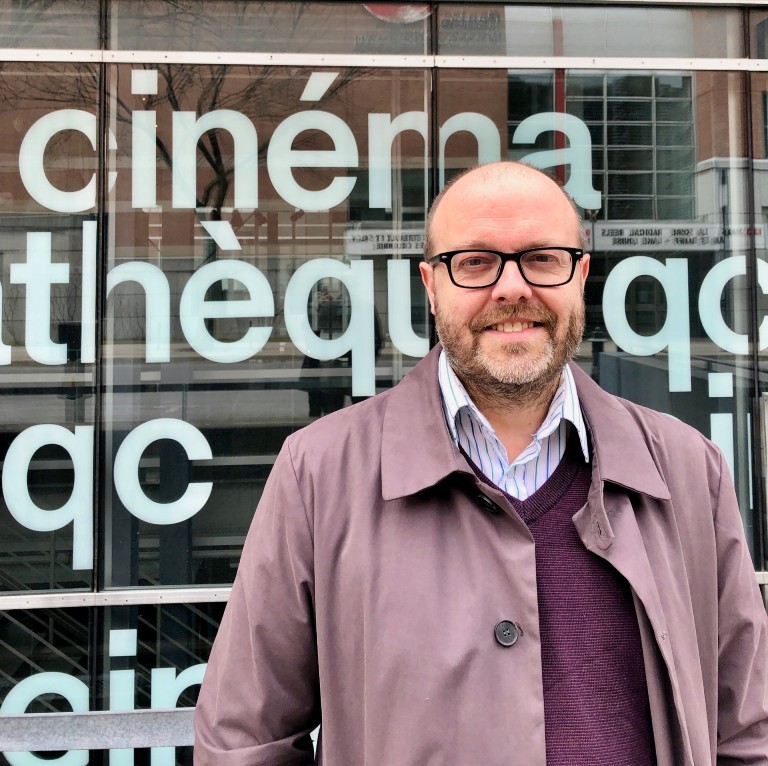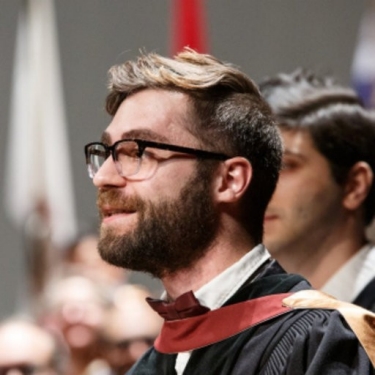In February, Rachel Webb Jekanowski received the Dissertation Award from the Society for Cinema and Media Studies (SCMS), the leading professional association in the field of film and media studies. This highly prestigious and internationally recognized award includes a $1,000 cash prize. Jekanowski received this award for her doctoral dissertation “A Nation of Fur, Fish, and Fuel: Documenting Resource Extraction in Canada,” defended at Concordia University in August 2018.
“Receiving this award is quite an honour, personally as well as professionally. Specifically, I see it as a recognition of the field’s environmental turn and the importance of interdisciplinary research to film and media studies going forward,” says Jekanowski.
Her research focuses on entanglements of visual culture, industry, and environments within settler colonial Canada, past and future. She has been published in Canadian Journal of Communication, Canadian Journal of Film Studies, Middle East Journal of Culture and Communication, and The Goose: A Journal of Arts, Environment, and Culture in Canada.
She is currently revising a book manuscript based on her dissertation research and working on a project funded by the Banting Fellowship that was awarded to Jekanowski in the Department of English at Memorial University. After she completes her 2-year appointment at Memorial University in 2021, she will take up the Alexander von Humboldt Research Fellowship, a 2-Year Post Doctoral position at Goethe University, Frankfurt, Germany.

 PhD graduate Kester Dyer takes up a new Tenure Track position as Assistant Professor in Film Studies at Carleton University this Fall.
PhD graduate Kester Dyer takes up a new Tenure Track position as Assistant Professor in Film Studies at Carleton University this Fall.



